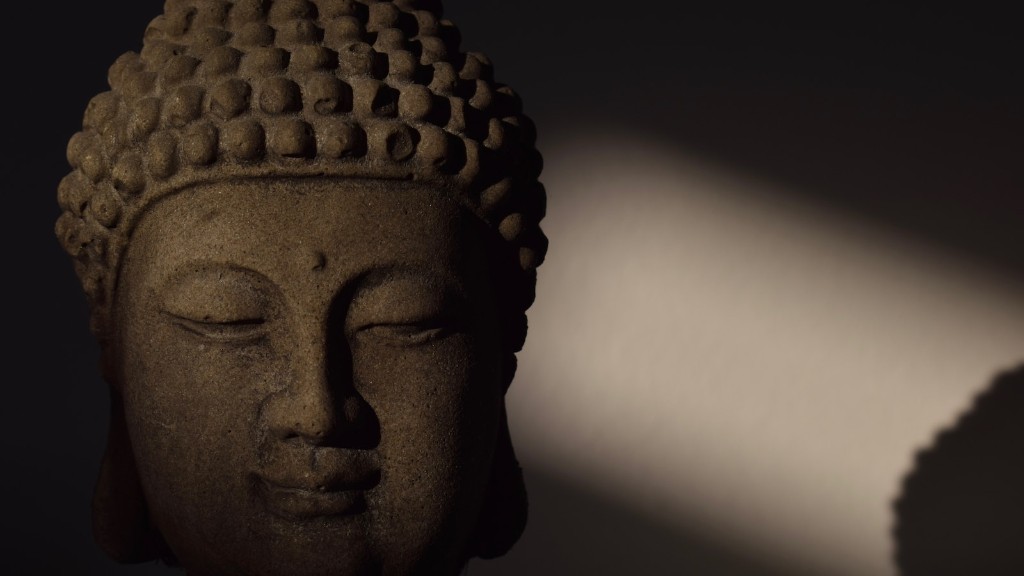Understanding The Ancient Concept Of Hinduism
Hinduism is an ancient religion, dating back to roughly 5,000 separated. It is a polytheistic system, believing in the existence of many gods and goddesses, all of whom are aspects of a single supreme divine force, referred to as Brahman. It is built upon the four cornerstones of dharma, karma, moksha, and ahimsa, which are divided into the Vedas, Puranas, Upanishads, and the Laws of Manu.
Hinduism is based on the concept of karma, which explains that a person’s actions in this life will dictate the nature of their next life. As such, a person’s current life is a result of their previous lives. Therefore, Hinduism espouses the idea of continuous reincarnation as a means to achieve spiritual perfection and ultimate freedom from karma.
Hinduism also centers on the concept of dharma, which is the adherence to laws and principles in order to achieve spiritual liberation and balance with the divine. This is associated with the concept of ahimsa, which is the belief in non-violence and peace. Finally, Hinduism is based on the idea of moksha, which is the concept of ultimate liberation from the cycle of death and rebirth by achieving union or oneness with the divine.
Seeking Forgiveness From God
Hinduism offers a variety of ways to seek forgiveness from God. The most important aspect of these methods is the idea of confession and repentance. As such, one must be willing to acknowledge the fault and take responsibility for it in order to receive God’s forgiveness.
The Vedas provide guidance on how to seek forgiveness, stating that one must sincerely repent, perform appropriate rituals and practice tapas, or spiritual discipline. Hindus believe that in order to repent, one must offer a prayer to the deity in the form of a shloka or hymn. This is done to purify the soul and create an inner bond with the divine. One can also seek forgiveness through self-reflection, as this is seen as being essential for spiritual liberation.
Other ways of seeking forgiveness, such as fasting and going on pilgrimages, may also be effective. Through these activities, a sense of humility and devotion is created. Fasting and pilgrimages are seen as methods of spiritual cleansing and renewal, which can help one to repent from their wrongs and be reconnected with their spiritual self.
The Role Of Karma
Although it may seem that karma is a deterrent in seeking forgiveness from God, Hinduism teaches that this is not the case. It is believed that if a person is truly repentant, then the force of their karma can be diminished. Moreover, God is believed to be loving, merciful and forgiving, and thus is capable of removing the karmic effects of one’s misdeeds. Also, the concept of karma is closely intertwined with dharma, which can serve as a balm and heal the ill effects of destiny.
Ultimately, it is believed that through sincere repentance, prayer, and spiritual discipline, God will grant forgiveness and allow the individual to progress spiritually. As Hinduism teaches that all souls are ultimately part of the divine, it is believed that God will grant forgiveness to those who ask.
The Importance Of Compassion And Mercy
Hinduism also emphasizes the importance of showing compassion and mercy in seeking God’s forgiveness. This is done through acts of selfless love, kindness and charity. These acts are seen as integral in the process of repentance, as it connects the individual to their divine self and allows them to atone for their misdeeds.
Additionally, Hindus believe in the “ye
